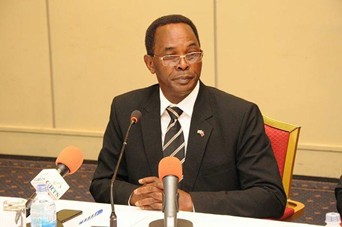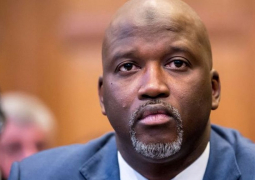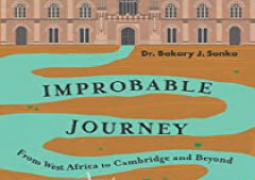
In conventional terms, democracy is a government by the people, of the people and for the people. In a dictatorship, it is a government of authoritarian rule in which in most cases, the people’s rights, freedoms and liberties are trampled upon by state power. The first Republic was characterized by democratic rule. The second Republic was characterized by what many considered as dictatorship rule. In 2016, a new Gambia was born that ushered in democracy and government of the people. It must be acknowledged however, that the 22 years of the classified dictatorship rule of the Jammeh era, brought with it benevolent dictatorship with massive infrastructure developments, social development in a centrally planned and controlled economy to the benefits of the people and strong national sovereignty. We cannot deny this Gambians, despite the shortfalls of that era. The era of democracy started in ernest in 2017 with a transition agenda which touched on the formation of a coalition government, term limit for the Presidency of three years, a new constitution, tactical alliances for the Parliamentary elections, civil service and security sector reforms, setting up of Commissions, TRRC and a whole transitional justice program, etc among others. The euphoria of democracy was high in the political environment at the time. Gambians kept hope alive and prayed for peace and the progressive development of the country. Now, eight years into the third Republic even though there is no new constitution to authenticate the third Republic, in the new democracy, one must examine what has worked and what has not worked in the political dispensation and in the economic outlook of the country. First, the coalition agreement failed to take root in the body politics of the country. The transitional justice program is still limping and flip flopping. The Coalition government has been dismantled and transformed into a full fledged NPP government. Democratic governance and massive infrastructure and social development projects are the hallmarks of the NPP government. You cannot deny this, Gambians. Of course, every government has its shortfalls.
The country’s crisis moments, include the sale of Jammeh Assets, the offshore oil possibilities, shortages of fish products and its availability at expensive prices, lack of a new constitution to usher in a third Republic, alleged widespread corruption in the system, pending full implementation of the TRRC recommendations, high costs of living, etc among others. All these issues depend on whether the President is simply talking tough on some of them or if he is ready to take an already tense Nation across a fateful line in his zeal for stronger rule and political survival in state power. It is however, politically advisable for new Gambia to work, that bold and decisive measures be taken to strengthen the jangling discords of the Nation even if it means partially dissolving the government and to bring in a new breed that the President will go with into the 2026 elections. This is the answer to the battle for political survival in 2026.
The price of democracy must catch up with those that have failed in the National responsibility to move the country forward. Many in government have capitalized on the softness and kind-heartedness of the President to engage in wrong doings knowing they will be forgiven or redeployed elsewhere in the service, not telling him the truth or giving proper advice and not performing to the expectations of the people, hence many failed sectors.
The President has a legacy of goodwill for the Nation and that no official should be given the chance to distort the good legacy of the President. Since the President himself had said, 2025 will be the year of results, there must be consequences in governance for wrong doings and poor performances in the sectors of the economy. “I will never be the sacrificial lamb for any government official after my exit from office. Government is a collective responsibility,” said an African President who was due to leave public office. In a democracy, accountability is the cornerstone of development. Democracy that harms the country must be exterminated in the system of government.



